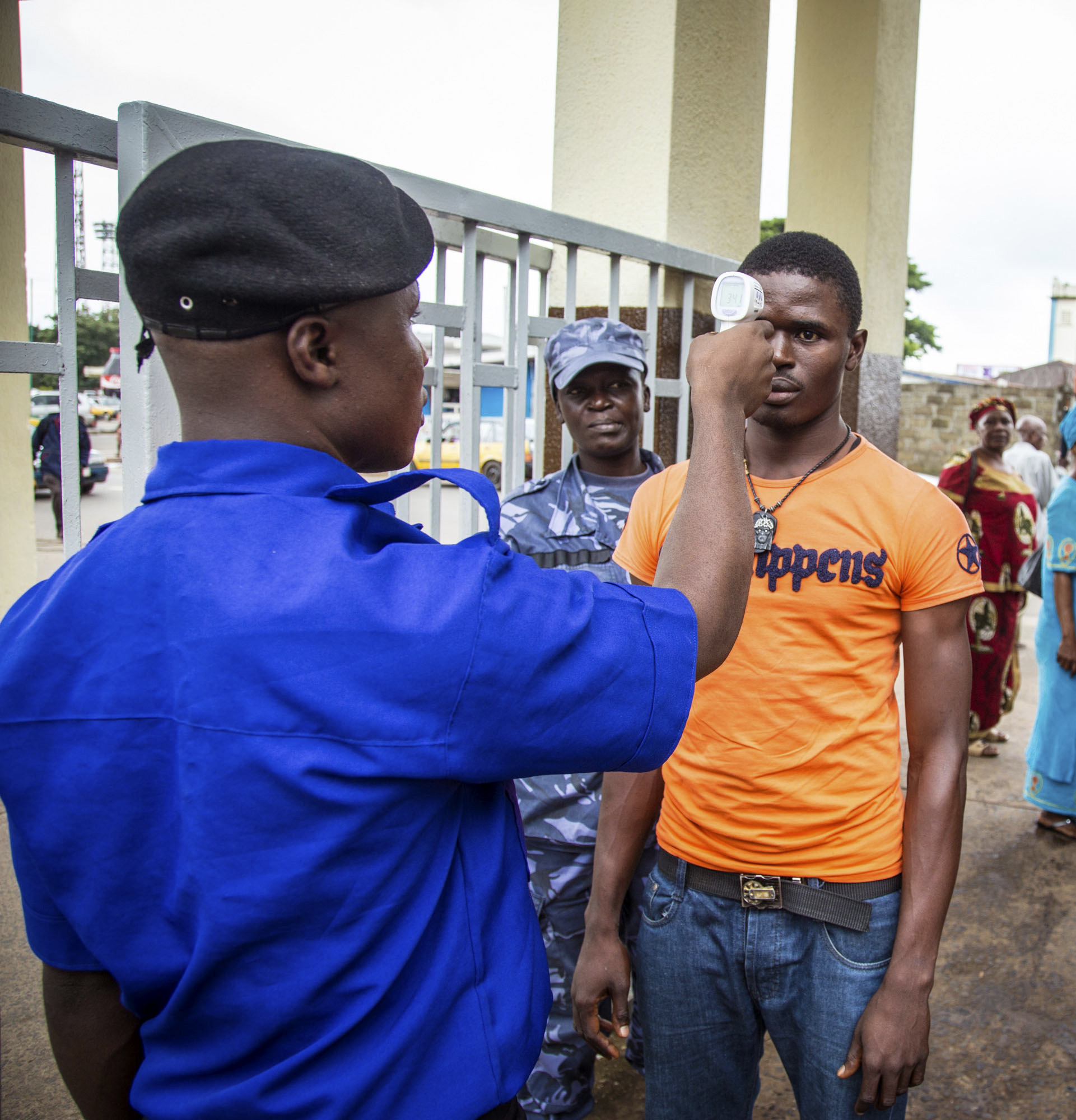
Frustrated Obama chides allies on lukewarm response to Ebola crisis
Even as the wobbly US response to Ebola dominated headlines this week, US President Barack Obama ramped up a frustration-powered campaign to get reluctant major allies to shoulder more of the burden of quelling the deadly outbreak at its source in West Africa. Speaking to reporters after an emergency meeting with top aides on Wednesday, the president put his personal annoyance on full display as he portrayed the international response to the crisis as hesitant and shortsighted and warned that it endangered American national security. “This is not simply charity,” he intoned. The World Health Organization, at about the same time, said the death toll worldwide had passed 4,500, including 236 health workers.
Probably the single most important thing that we can do to prevent a more serious Ebola outbreak in this country is making sure that we get what is a raging epidemic right now in West Africa under control.
Barack Obama, US president
Obama declared that he had convened a videoconference earlier in the day with leaders of core US allies Britain, France, Germany and Italy “to make sure that we are coordinating our efforts and that we are putting in a lot more resources than, so far at least, the international community has put into this process.” If Ebola tears unchecked through West Africa, Obama warned, “then it will spread globally in an age of frequent travel and the kind of constant interactions that people have across borders.” Despite that sense of alarm, US officials say it’s not yet time to “name and shame” specific rich countries that, in some cases, have kicked in less cash than the $25 million that Facebook founder Mark Zuckerberg and his wife, Priscilla Chan, have pledged. Also on Thursday, members of the US Congress questioned Texas and other health care officials on concerns related to the lack of protocols for treating patients with the virus.
There are some countries that are larger than Cuba that have not contributed as much as Cuba.
Jen Psaki, US State Department spokeswoman

Health ebola